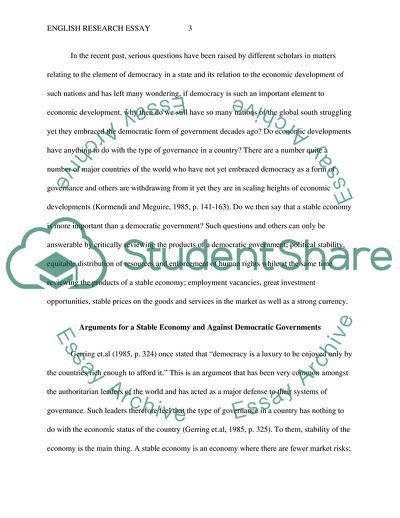Cite this document
(The Groth of Democracy and Democratic Features Coursework, n.d.)
The Groth of Democracy and Democratic Features Coursework. Retrieved from https://studentshare.org/politics/1870903-english-research-essay
The Groth of Democracy and Democratic Features Coursework. Retrieved from https://studentshare.org/politics/1870903-english-research-essay
(The Groth of Democracy and Democratic Features Coursework)
The Groth of Democracy and Democratic Features Coursework. https://studentshare.org/politics/1870903-english-research-essay.
The Groth of Democracy and Democratic Features Coursework. https://studentshare.org/politics/1870903-english-research-essay.
“The Groth of Democracy and Democratic Features Coursework”. https://studentshare.org/politics/1870903-english-research-essay.


